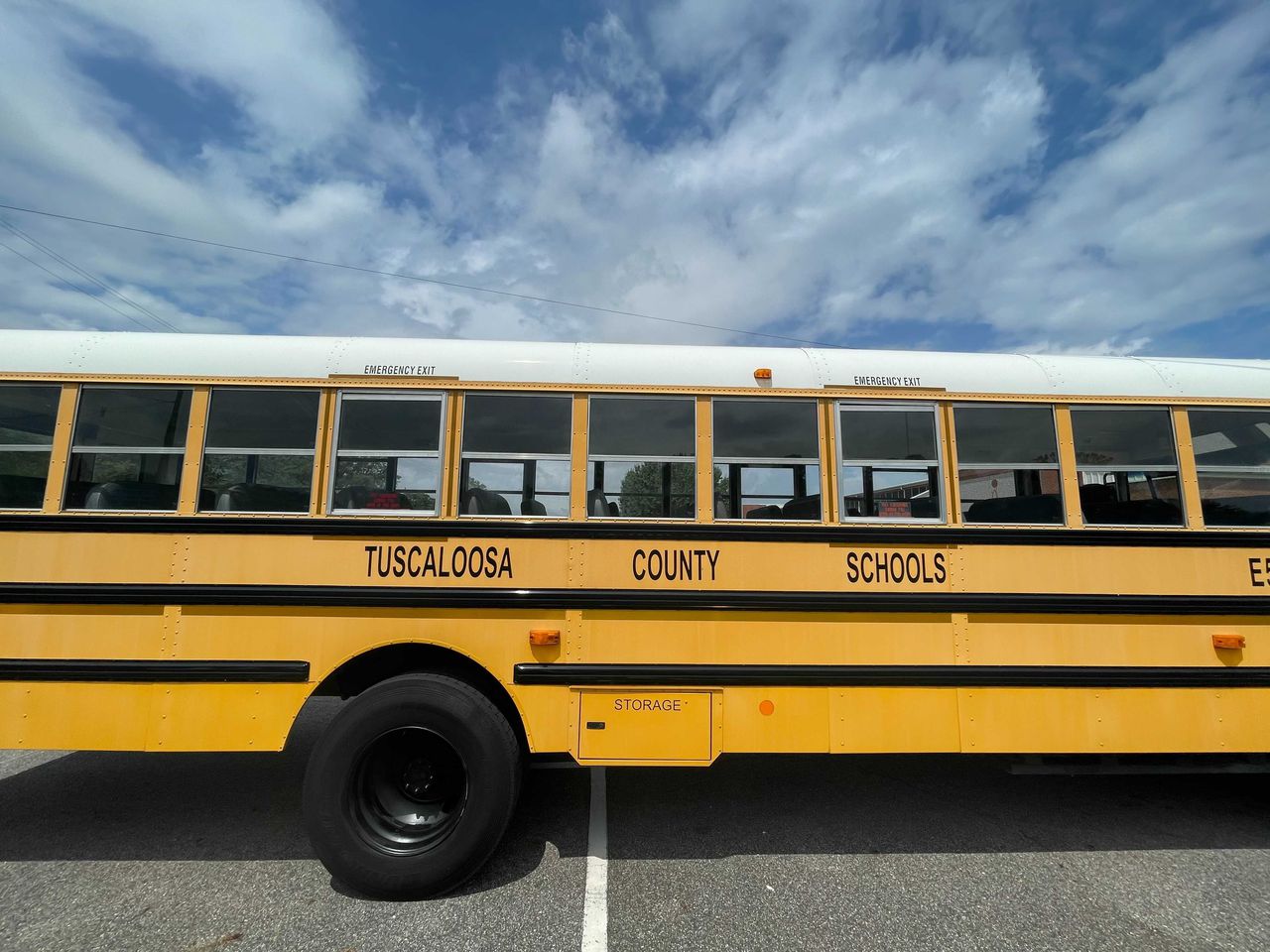What to know before Tuscaloosa County’s Feb. 14 property tax election
Tuscaloosa County Schools is hoping to change its reputation as one of the lowest-funded school districts in the state, as residents gear up for what could be a historic tax vote Tuesday.
The county is holding a special election on Feb. 14 for residents to vote on an 8-mill property tax increase. If passed, it would be the county’s first successful tax referendum since 1917.
“If this doesn’t pass, then we stay at the status quo,” Cheyenne Martin, a parent of three students in the district, told ABC 33/40. “The status quo isn’t good enough. It’s not good enough any more.”
However, some opponents say the increase is too much, too fast — and might not help the ambitions of the growing Northport City community.
“That would be 8 mills more that the citizens of Northport have no say-so, no control, no voice as to where the money will be spent,” former Mayor Bobby Herndon said in a Facebook Live last month.
What is the proposed tax rate? How would a tax increase affect me?
The property tax rate in Tuscaloosa County is 10 mills, the lowest amount allowable by law. (The locally-authorized tax rate is 9.5 mills, but the state required an increase to 10 mills.)
The school district is asking for an increase to 17.5 mills.
The district estimates the hike would cost homeowners an extra $75 a year for every $100,000 that their property is worth.
For example: Someone who owns a house assessed at $200,000 would pay an additional $150 in property taxes. Someone who owns a house assessed at $300,000 would pay an additional $225 in property taxes.
Learn more about property tax assessments and millage rates here.
How much money would go to schools?
Leaders estimate that the increase would bring $15 million more to the school system.
Schools typically get three buckets of funding: state, local and federal, with local being the most variable.
In Tuscaloosa County, about 90% of funding is already earmarked by the government, leaving little room for any extra spending, leaders say.
“Our availability of funds is dwindling,” Danny Higdon, the district’s chief financial officer, told parents and residents at a recent community meeting.
If the referendum passes, leaders plan to spend the money on the following efforts:
- New schools and facilities upgrades in each feeder pattern
- Security improvements and school resource officers in all TCSS schools
- Pre-K for all students
- Dual enrollment scholarships
- Mental health resources
- A centrally-located performing arts venue
- More staff to foster smaller class sizes and to offer additional career-tech, art, music and drivers education courses.
Leaders plan to focus first on large-scale building projects in high-growth areas, where they say facilities have dire needs.
“We do realize that there are many more needs than what we have addressed, but we do feel like these are our most pressing needs,” Superintendent Keri Johnson said at the community meeting.
Who’s in favor of a tax increase? What does Northport want?
Since the move was proposed this fall, it has drawn both strong support and sharp criticism from county residents.
An ad campaign to “VOTE NO!” against the referendum appeared to show the county at the center of a shooting target. Other flyers circulating on social media have falsely claimed that taxes for homeowners would double.
Others are worried the funding won’t be spent equitably, claiming some areas have gotten “scraps” while others will see brand-new school buildings and stadiums.
Northport board member Woodrow Washington, however, said he’s in support of the plan, despite the city’s ongoing efforts to split away from the district.
He represents an area of the city that has the highest number of students in poverty, and where school buildings are in the highest need of repair, he said.
“Our school system is way behind, and I know for a fact that we should have been voted on an increase to support our schools,” Washington said in a video to constituents last week. “I have over 18,000 reasons why I plan on voting in favor of it, because we have over 18,000 kids in the county school system, and all 18,000 – no matter what color – deserve better.”
Leaders know they’re up against a challenge: The last time Tuscaloosa County residents voted to increase property taxes was in 1917, when the rate went from 0 mills to 1 mill. Previous efforts to increase the state-mandated tax, in 1987 and 1996, were killed at the ballot box.
Some students are also pushing back amid recent controversy.
“As y’all’s students, y’all should be trying to look for what we want as well,” said Hillcrest High School senior Jamiyah Brown, who said she plans to protest the vote if the district does not come up with a plan to address alleged discrimination at the school.
When is the vote? Can I vote?
The local election is open to any registered voter who lives within Tuscaloosa County. However, residents of Tuscaloosa City are not eligible.
The ballot is split into two separate measures – one for a 3-mill increase and one for a 5-mill increase – because the county has two separate tax districts. Residents can vote yes or no to both measures.
Polls will be open from 7 a.m. to 7 p.m. in Tuscaloosa County on Tuesday, Feb. 14. Results will be posted at http://www.tuscco.com/election-results/ after polls close.
